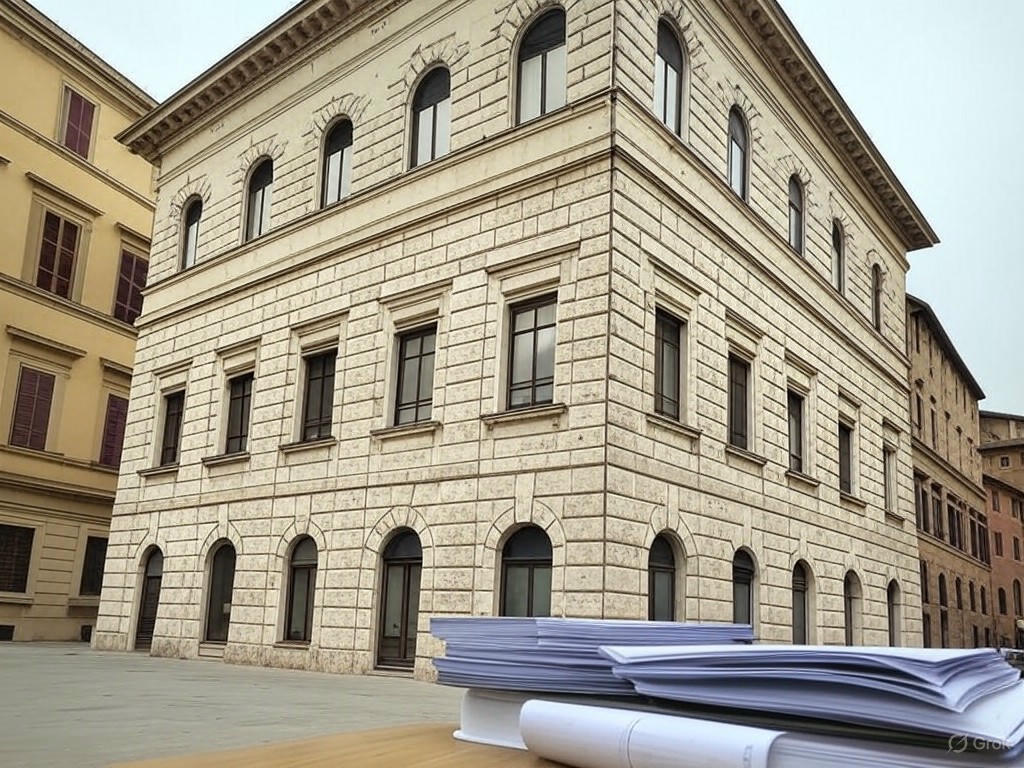The recent sale of shares in Italy’s historic Monte dei Paschi di Siena, one of the world’s oldest banks, has ignited a firestorm of controversy across European financial circles. The transaction, orchestrated by a smaller regional Italian bank, has drawn sharp attention from EU regulators due to the apparent exclusion of prominent international investors. Reports suggest that major players, including Italy’s own UniCredit, Norway’s sovereign wealth fund, and the global investment titan BlackRock, expressed keen interest in acquiring stakes in the beleaguered bank. However, they were seemingly sidelined in a process that has raised questions about transparency and fairness in Italy’s financial markets.
Monte dei Paschi, which has struggled with financial instability for over a decade, has been a focal point of Italy’s efforts to stabilize its banking sector. The Italian government, which has held a significant stake in the bank since a bailout in 2017, has been under pressure to privatize its holdings. This latest share sale was seen as a critical step toward that goal, aiming to attract fresh capital and restore confidence in the institution. Yet, the decision to entrust the process to a lesser-known local bank, rather than a globally recognized financial intermediary, has puzzled many industry observers. Critics argue that this move may have limited the pool of potential buyers, potentially undervaluing the shares and costing the Italian state—and taxpayers—millions in lost revenue.
The exclusion of heavyweight investors has further fueled speculation about whether the sale was structured to favor domestic or politically connected entities. EU authorities are now stepping in to examine whether the process adhered to the bloc’s stringent rules on competition and market access. A spokesperson for the European Commission hinted that the investigation would focus on whether the sale process discriminated against foreign investors or violated principles of equal treatment. Such scrutiny could have far-reaching implications, not just for Monte dei Paschi, but for how privatization deals are conducted across member states. Meanwhile, representatives from the sidelined investors have expressed frustration, with some suggesting that the lack of clarity in the bidding process deterred their participation. This has sparked a broader debate about Italy’s commitment to fostering an open and competitive financial environment.
As the EU’s probe unfolds, the future of Monte dei Paschi hangs in a delicate balance. The bank, founded in 1472, remains a symbol of Italian heritage, but its modern-day struggles reflect deeper systemic challenges within the country’s economy. For now, stakeholders are watching closely to see if this controversy will prompt reforms in how Italy handles such high-stakes transactions. The outcome could set a precedent for other European nations grappling with similar privatization efforts. Ultimately, the hope is that lessons learned from this saga will pave the way for a more inclusive and transparent approach, ensuring that global investors and local interests alike can trust in the integrity of the market.
